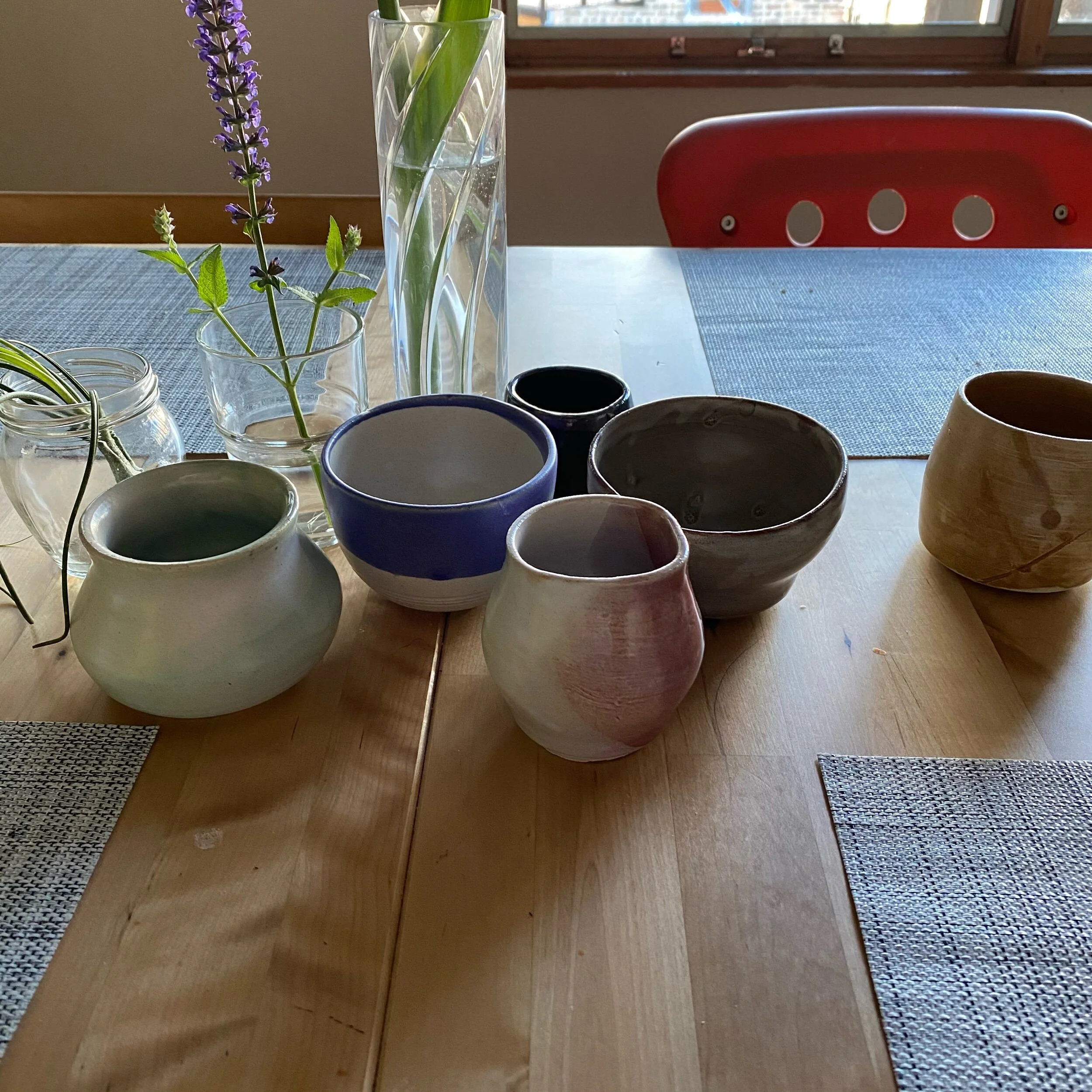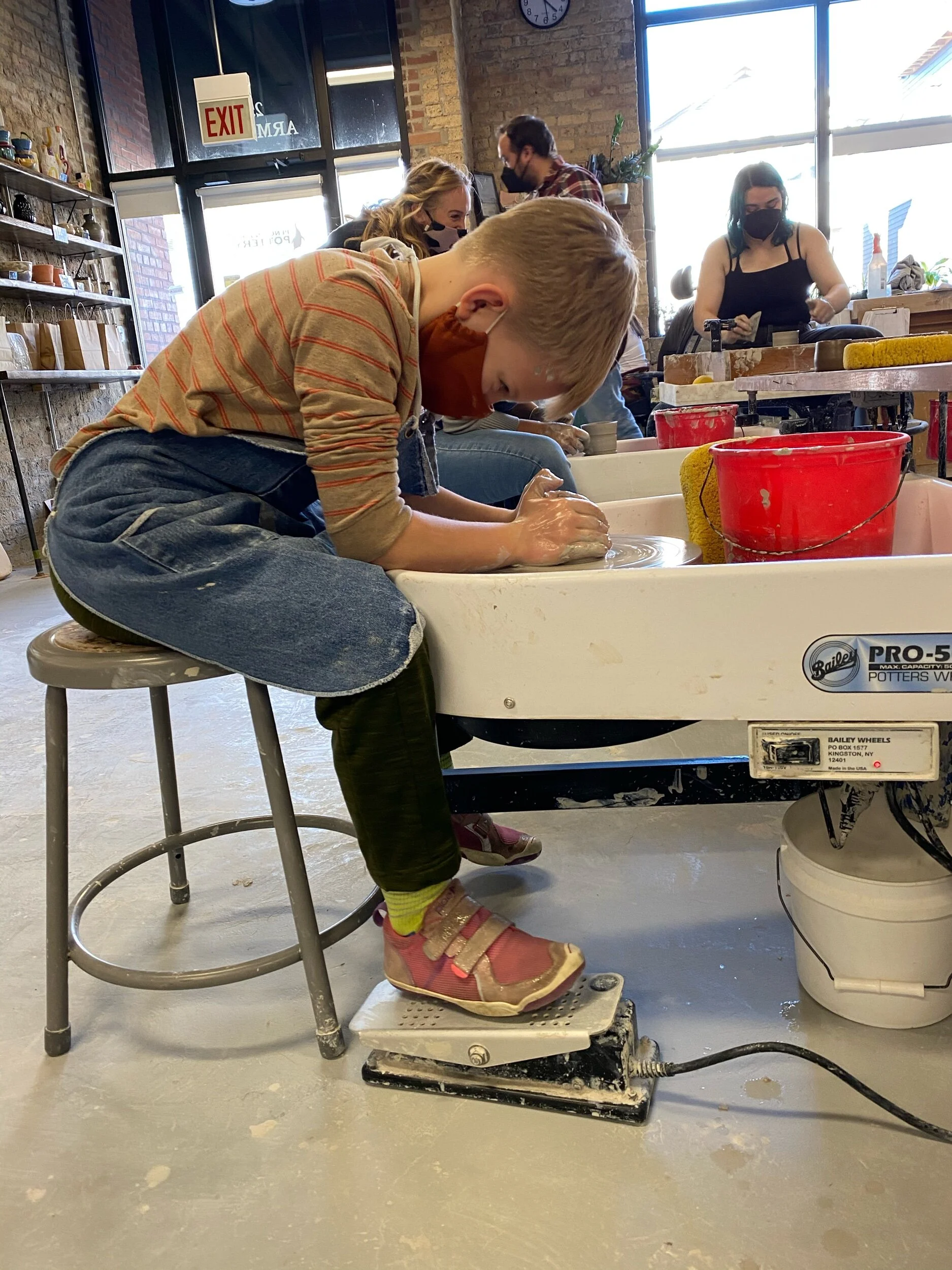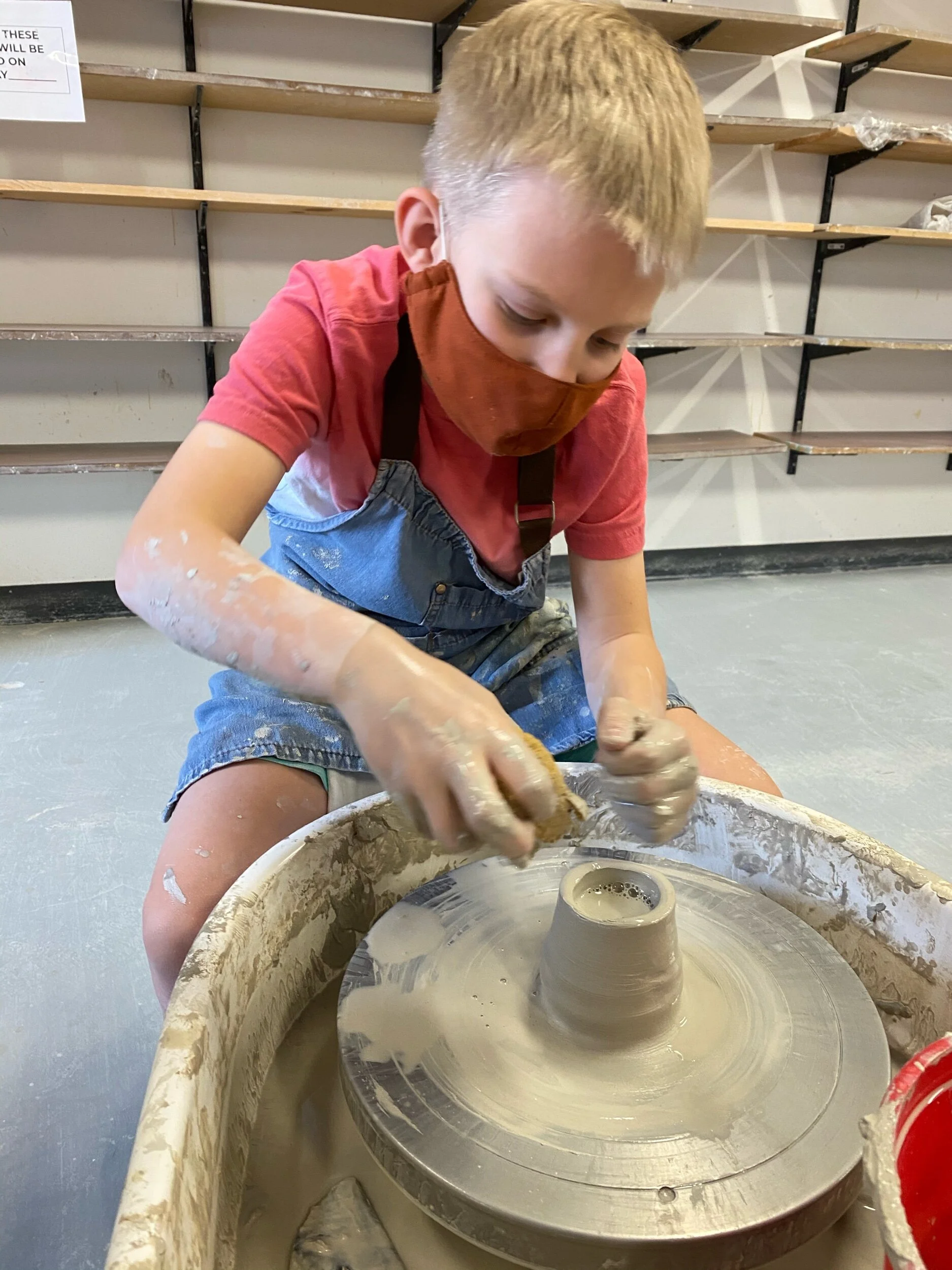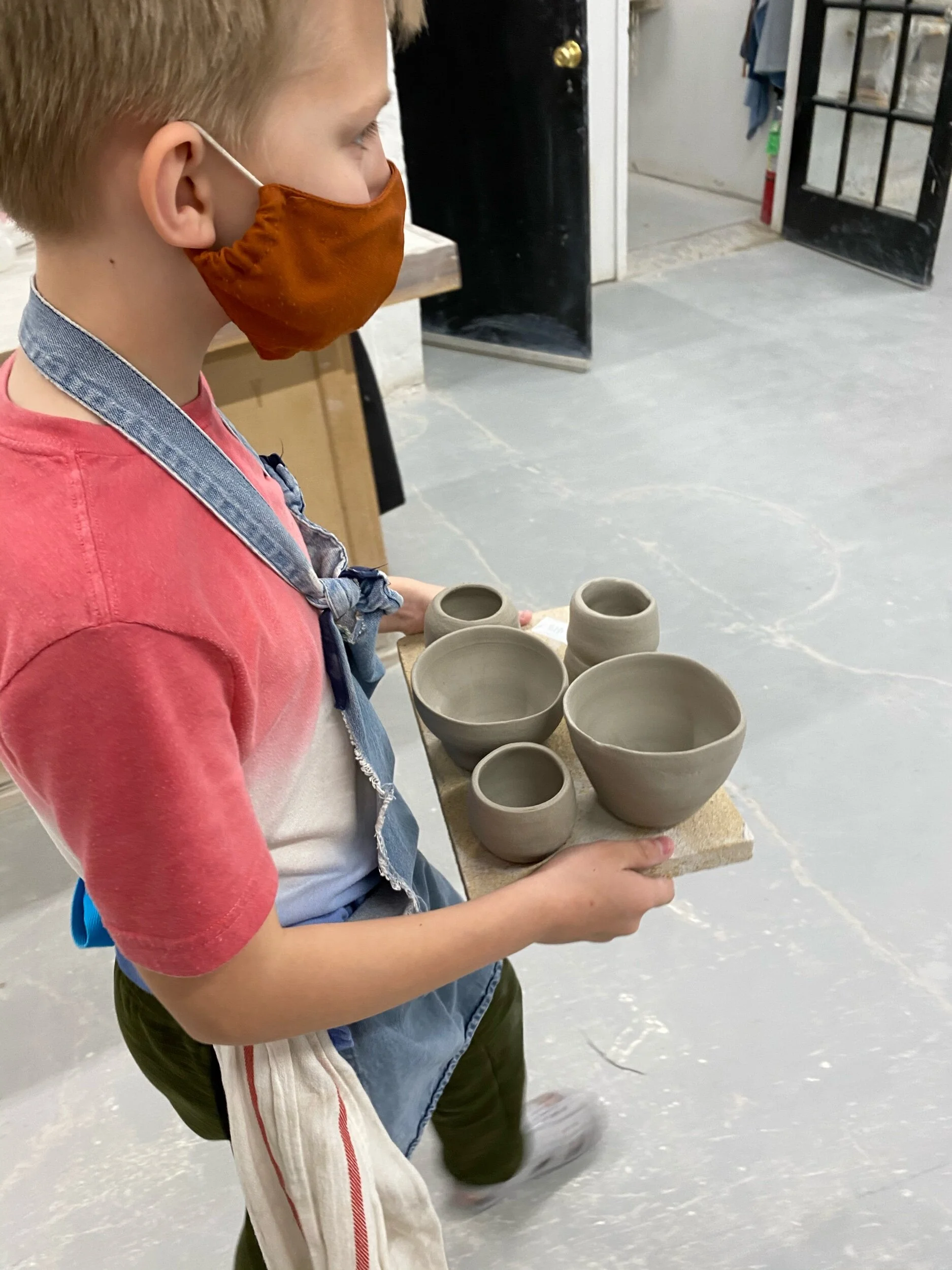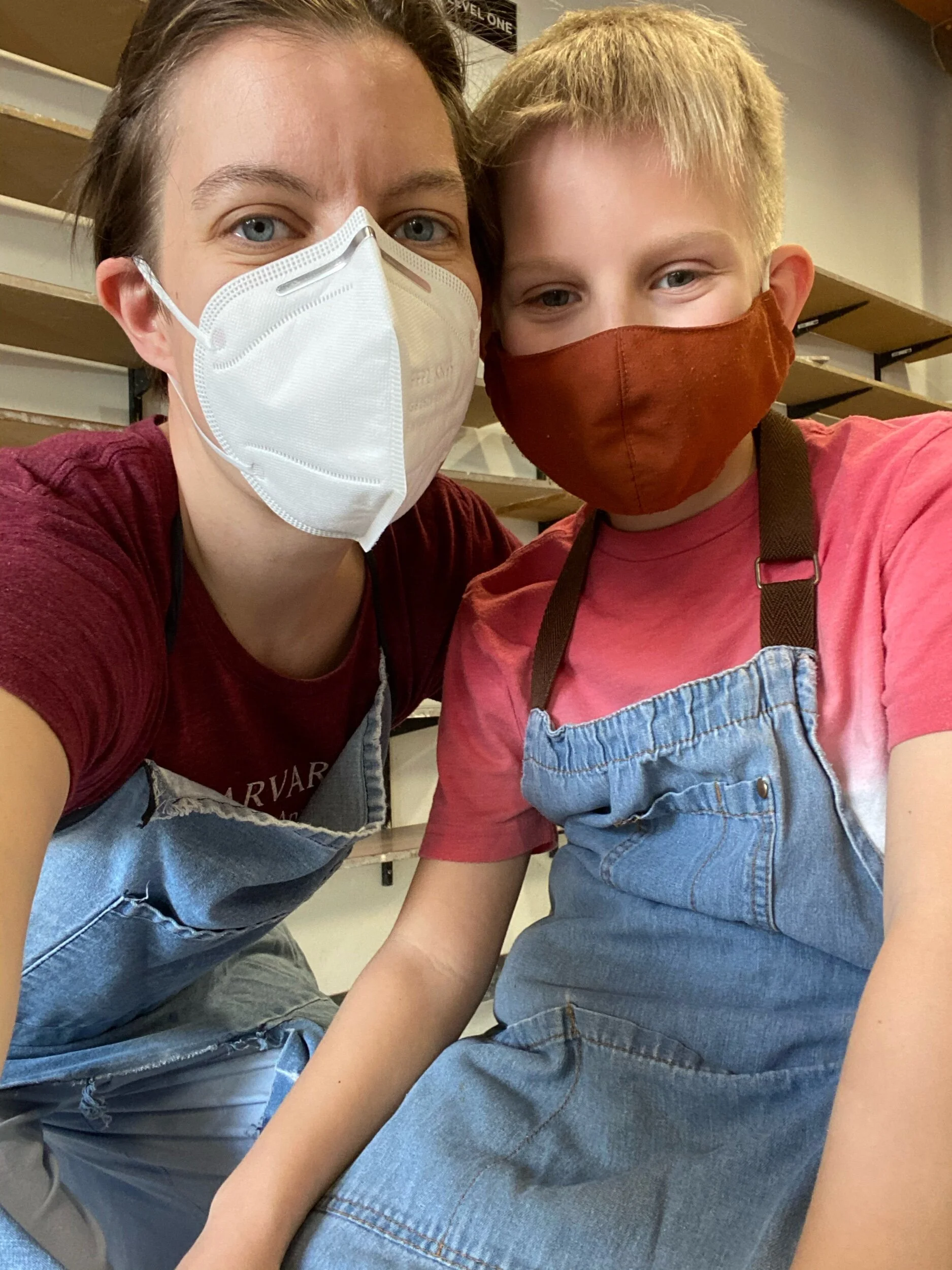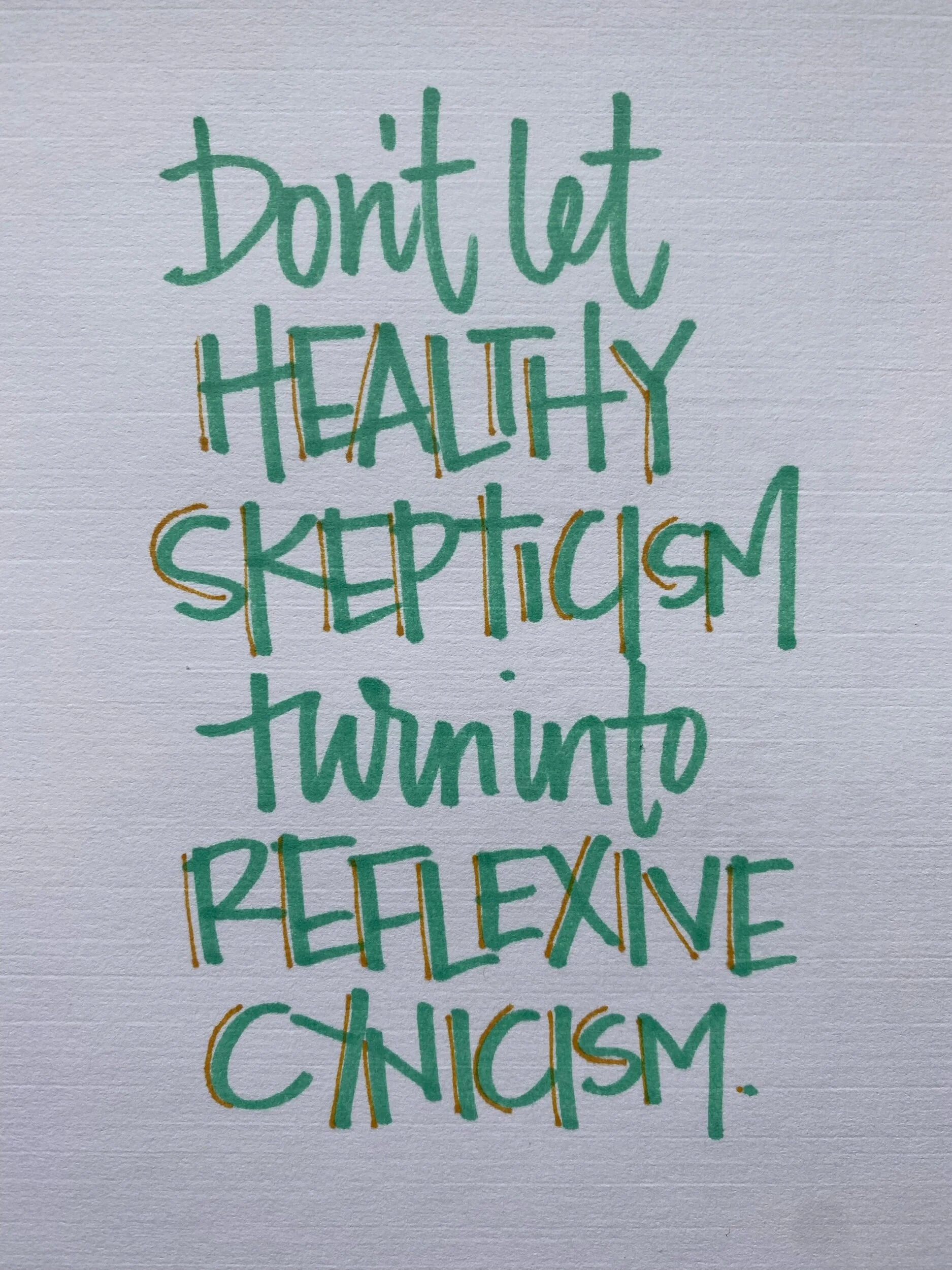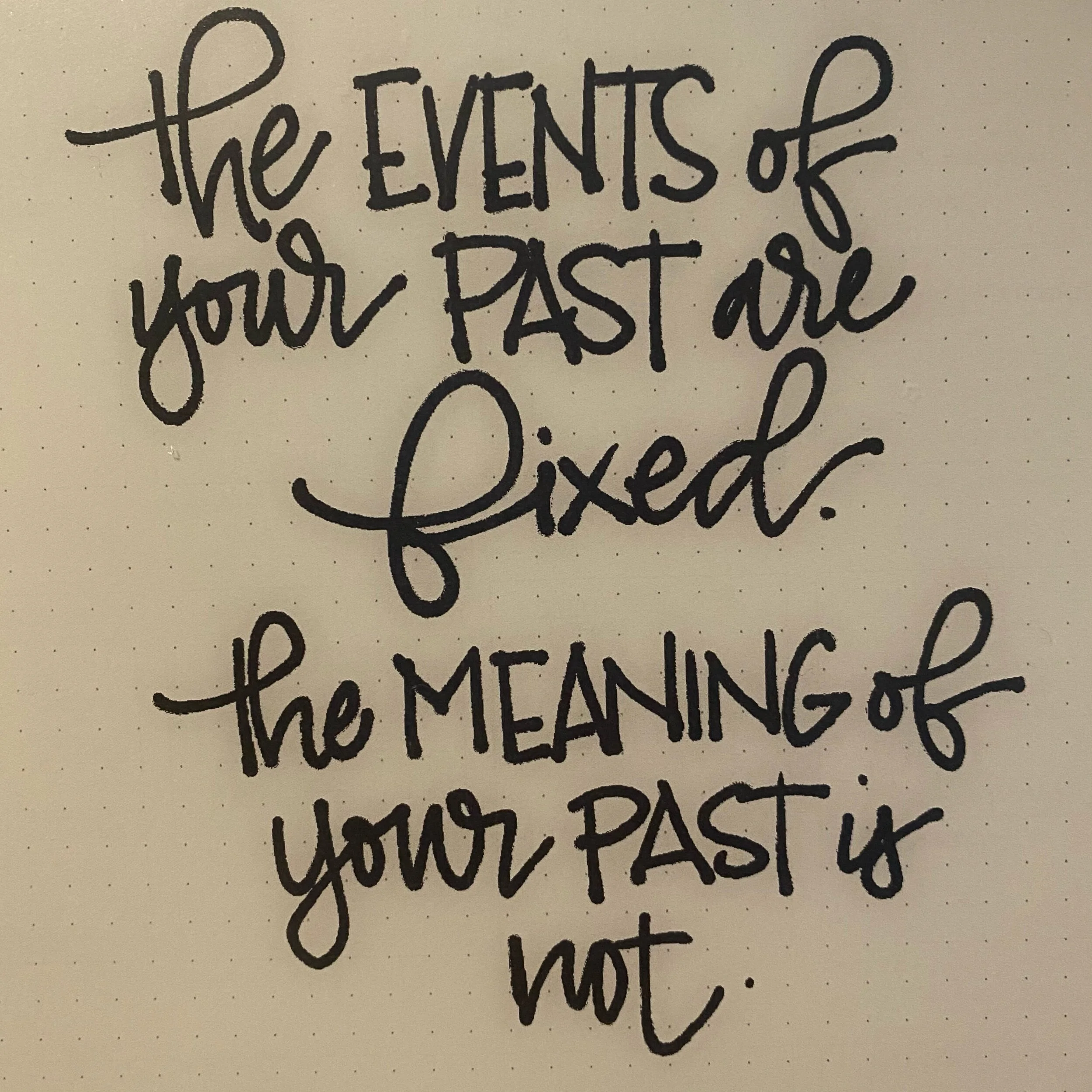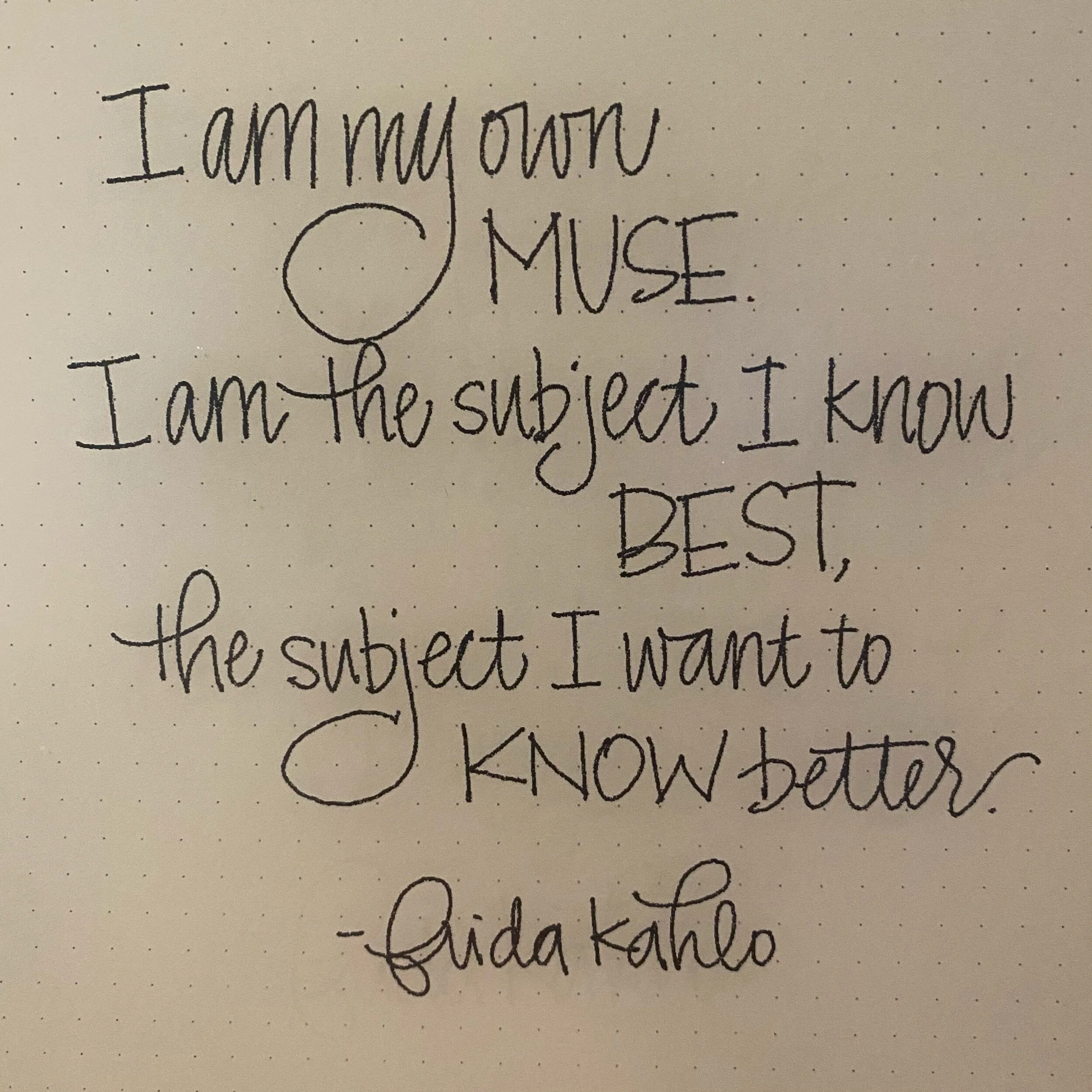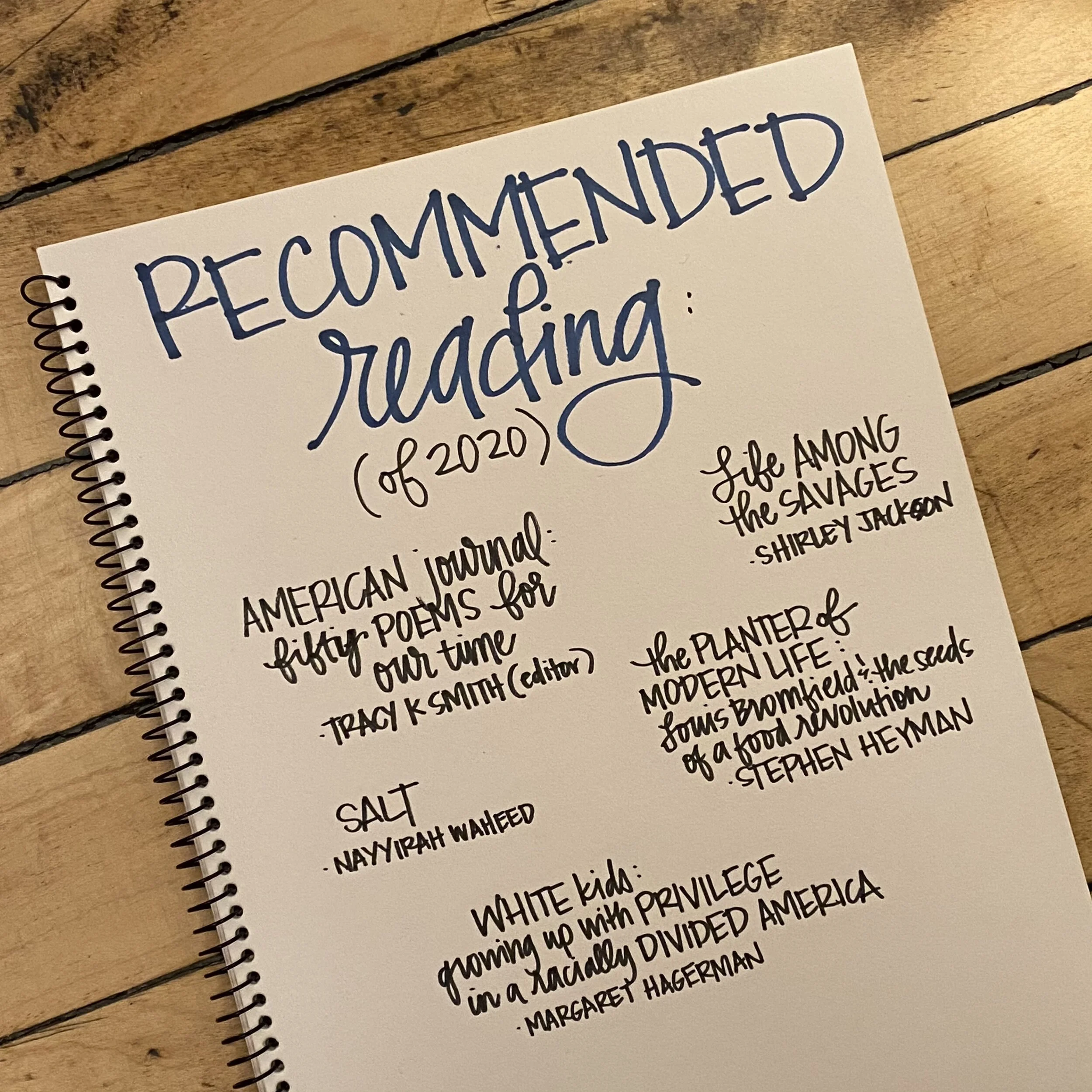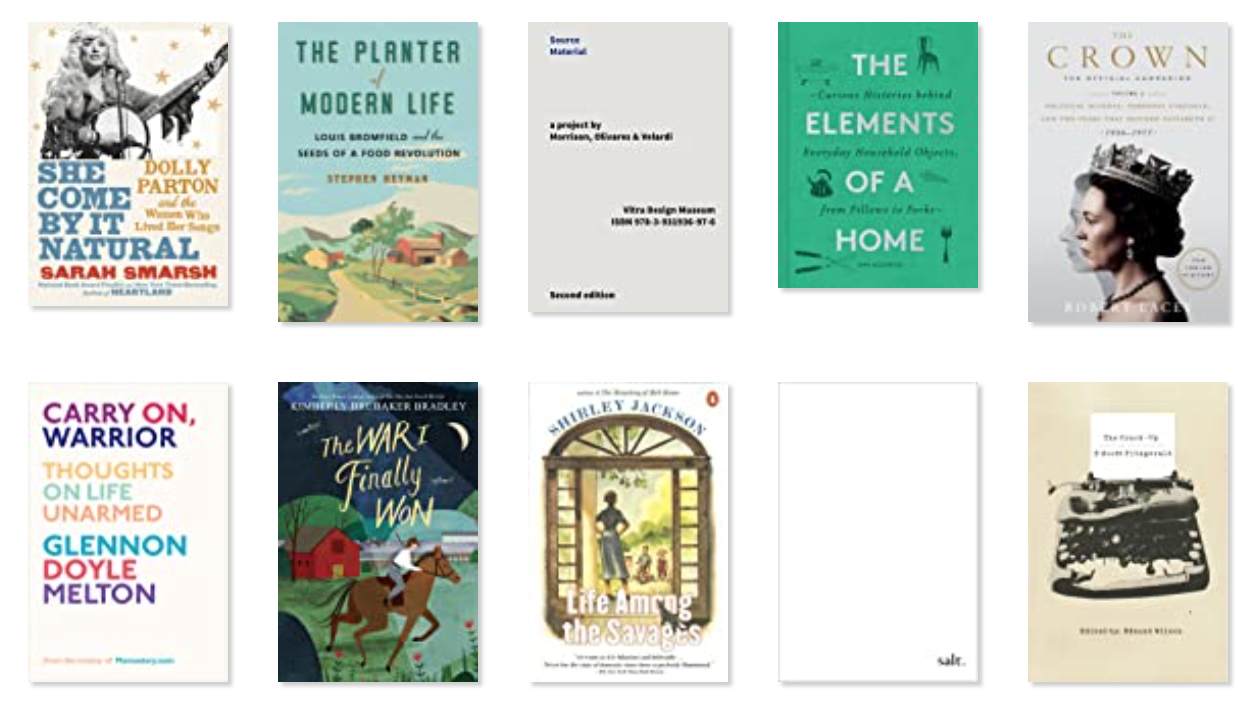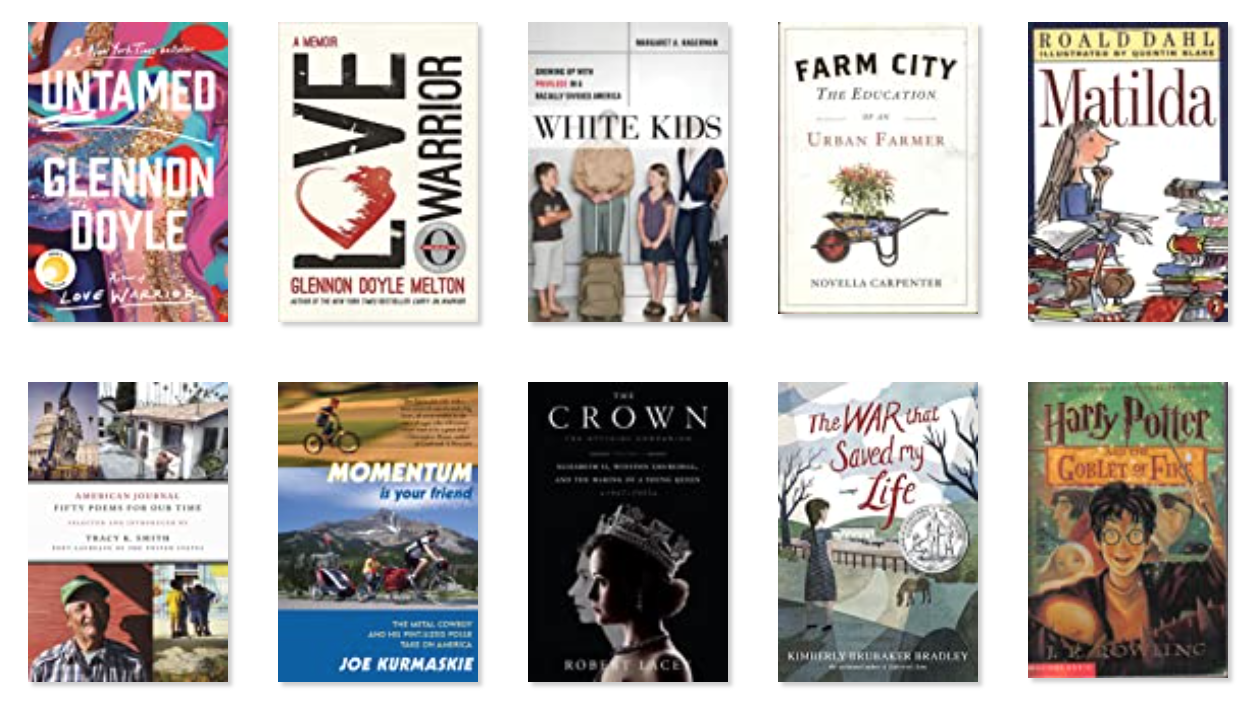Earlier this year Søren and I took a pottery class together. And we learned so much - about ceramics, and each other, and about how things are fragile but can be remade, and how sometimes firm pressure is necessary, and that you can always try and see what happens. It was amazing to spend the time with him and these momentos of that make me smile.
Skepticism v cynicism
An exercise in maintaining balance.
Aestivation
The next phase of reopening after a year of pandemic-changed living is making me want to root down a bit deeper and do some contemplation. Thanks to my youngest son's love of the natural world (and the amazing show Tiny World) I've learned a bit about aestivation lately. Where animals lie dormant in hot and dry months, especially in the desert, waiting for more hospitable conditions. This period of inactivity with a slower metabolic rates allows the animal to conserve energy and stabilize their internal systems, which sounds pretty good about right now.
This week begins summer for my family, and we are taking a trip to family in Ohio. My goal is to lay low, conserve energy, and perhaps do some reflection about what has happened this year and when I'll be ready to be in a more active state.
(More on estivation / aestivation)
This feels hard
Processing the pandemic, and its affects on our lives, I’ve found to be a very personal experience. I’ve tried to talk about it to friends, or to family, and I often come away feeling unheard or unseen. Reading articles does little to help either, which vacillate wildly from folks finding new hobbies and creative outlets to folks binge watching double digit seasons of shows. I can relate to none of this.
I’ve been extremely privileged during 2020 (as I have been all my life). Not only did I keep my job, but early in the pandemic I got a new one. Our family has been healthy. We are able to pay for childcare. We have the means to secure technology and internet connection for all four of us to effectively work and school from home. We have many privileges that most do not.
And yet, this year is the hardest I’ve ever experienced. I have been and continue to be overwhelmed with the magnitude of what needs to get done. My new job comes with much stress, a growing team of 19 so far, only two of which I’ve ever met in person. And hundreds of new faces filled my year - and an average of seven hours of meetings fills each day. It’s rare I have even 20 minutes for lunch. Balancing this responsibility and stress with the gratitude of having a job takes up too much brain space.
But more than usual, everything is a blessing and curse wrapped up into one. The ability to hire a nanny means navigating an employer/employee relationship in your home, and all the intricacies and awkwardness of introducing a person to your daily “pandemic life”. Taking on that exposure risk for childcare meant that we didn’t see anyone else, friends or family, in order to minimize their potential exposure. Being able to work from home meant never not being at work. I’ve worked the longest hours ever in my life.
And of course all this on top of the “normal” fighting for social justice, and championing women and girls, and doing our part to preserve the environment. Not to mention attempting to keep our kiddos growing healthy and strong, mentally and socially.
So when folks talk about this year as having had a chance to hit a reset button, or having the time to reflect on what was really important, or finding their true priorities because they spent more time with their families, I cannot relate. And I say that with more than a hint of jealousy. I’d love to have had that time. I’m looking forward to when I’ll be able to process all that has happened in these past 15 months. But right now, I’m still down here, growing weary of treading water.
I’m not sure when I’ll be able to breathe easy - if someone will come along with a life vest, or I’m going to have to figure out where to swim. I’m waiting for the waves to calm down so I can figure it out.
Days of Understanding
I am happy to say that my employer, Herman Miller, is part of CEO Action for Inclusion and Diversity. And this week was part of a campaign of Days of Understanding. The ideas is that company leaders from across the globe host conversations that cultivate understanding among their employees. Hopefully this open dialogue is part of a bigger effort (as ours is at Herman Miller), and not just on one day.
Over the course of the hosted conversations the last couple days, I took notes of meaningful comments and phrases from the moderators and the crowd. I continue to be impressed by my work community’s ability to show up for each other, and be vulnerable in these conversations and explorations of race, culture, and social justice. We still have a long way to go, but I’m confident in our path.
The past
So much of our life is defined by the stories we tell ourselves. It is the narrative we build around us. Which means we can change the narrative.
James Clear, the author of Atomic Habits, tweeted last year:
The events of your past are fixed. The meaning of your past is not.
The influence of every experience in your life is determined by the meaning you assign to it.
Assign a more useful meaning to your past and it becomes easier to take a more useful action in the present.
So often in our lives we assume truths about ourselves without questioning them. Especially ones from our past. But a growth mindset asks us to revisit that, and keep evolving our ideas of ourselves - keep writing our new narratives. This can especially be the case around seminal or polarizing events of our past. The saying goes, it isn’t what happens but how you react to it. But what if how you react to it evolves over time? What if you assign it a new meaning in your story? How can it move you forward?
Especially as we as a society to start to emerge from the devastation of the last year in a pandemic, individuals will be different. We have lived very different lives, often apart from each other. We should be aware of each other’s stories, but also our own. The New York Times had a piece this last week titled “You Can Be a Different Person After the Pandemic.”
But don’t let it restrict you to the pandemic - you can always grow as a person, telling yourself (and others) a new story about the events of your past. It’s our life; let’s tell the story we want to tell.
My own muse
My 2021 goal is to reflect more. And part of that is Frida’s sentiment that she herself is “the subject I want to know better”.
I'm reading about Stoicism and the idea that what we need is inward. Marcus Aurelius writes in Meditations: “Look inward. Don’t let the true nature or value of anything elude you.” I'm trying to look inside my own mind more - examine myself, inspire myself.
Hope is fuel.
We pin a lot on hope. And that can be a good thing, as long as it isn't everything. Preparation and hard work go a long way too.
you matter.
Weekly reminder.
Our Christmas cactus bloomed this week, about a month “late”. You do you.
Be a guest
Like many, I struggle spending too much time on social media. It's easy to make excuses for it - I learn much on social media. I've intentionally diversified my feeds so I am exposed to new viewpoints and movements and news I wouldn't get elsewhere. I've become good friends with several folks through social media and enriched relationships with acquaintances. My friends and family provide encouragement and connection through social media.
However, because of all that, it's easy to forget that Instagram is not real life. It is curated snapshots of a moment. And conversations begun there must continue off-screen. Advocacy and allyship displayed there must be enacted in our actual offline communities. Yelling into an echo chamber (or posting a meme into an echo chamber) doesn't make any change, and often warps our perception of reality.
So I've decided to be more of a guest on Instagram. It's somewhere I'll drop by and say hello, but I won't live there. I still intend to post my happenings and family's milestones (partially because at the end of each year I get an album printed of my Instagram posts, which are the only photo albums we really have). I've set a limit on the amount of time each day I will use the app, and it won't be enough time to get through everything I want to see. But that is okay.
Instagram is abundance - it is always there with more and more photos and information and funny memes. The app is designed as if there is a scarcity (“needing” to view stories before they disappear, the fear of missing something), but it is the opposite.
So I hope to see you there when I drop in, but if we don't, I hope to connect by other means.
2021 : Reflect
This year many folks were able to slow down and reflect upon their priorities and choices. Many articles were written about the new pace of life, ways to develop new patterns, and the ability to reflect. It seems this pandemic period was a time for many to take stock of their livelihoods and make conscious changes for their mental and physical health and wellbeing.
This was not the case for my year. I did not have extra time to dedicate - in fact I had less time than ever. And while I know this is not unique to me, sometimes reading the social media posts of my peers or reading those headline articles, it appears as if I’m in the minority. Even before the pandemic, I knew this was going to be a hard year, which is my focus word for 2020 was survive, and that is exactly what I did.
I acknowledge I am very privileged, and have maintained that privilege throughout the pandemic. I have steady employment, housing, and my health - 3 things which many Americans do not have. Yet, as a mother of two school aged children, the lack of in-person education, coupled with not being able to work in the office, has had a drastic effect on our family. In fact, I was in school myself at Harvard for much of the year, with so much demands on my time and brain space. Frustrations with our children and between our children are the highest they have ever been.
As a working mother, balance has never been easy. And this year the working part became even heavier - I was promoted to Maharam’s parent company, Herman Miller, which was certainly cause for celebration. But the new position, on a very new team, in a department whose resources were needed most during a pandemic, was almost untenable. I still have yet to meet my team or my coworkers in-person. And I never imagined the amount of work, and the pace of it, that would be required. Again, I’m not alone here, many mothers have felt the crush this year.
My husband and I realized that this year we got less sleep than any year since we had newborns. (He is in IT and spent countless hours this year setting up remote work systems, shuttling external monitors and the like to folk’s homes across Chicago, securing technology when none was available, etc.) Our relationship has suffered, as we spend our evenings after kids are in bed doing work, or chores that we might have previously done on a lunch hour or tacked on to a commute. When we do reunite on the couch, we’ve rarely had the energy to converse about day-to-day, much less reflect on our situation or the world as a whole.
And simultaneously there has been so much more that needed to be talked about and processed and acted upon. Racial justice. Homicidal police. Disparity. Science-based solutions. Democracy. Hard goodbyes. Heroes goodbyes.
Reflection is necessary. It is important to acknowledge what we’ve gone through in 2020, and recalibrate for our futures. That is why for 2021, I have chosen a focus word (not a resolution) of reflect. I didn’t have the time or space this year to do that properly, but I’m hoping 2021 can bring me the affordance to do so. I hope to walk out of 2021 with a better idea of my ongoing priorities and values, and ways to put them in action.
2020 Recommended Reading
I read more than I thought I would this year. Despite Harvard case studies taking up much of the first 6 months of the year, I was able to cross several books off my list that had been lingering. I finally finished F. Scott Fitzgerald’s The Crack Up, and while I loved it, I didn’t add it to my “Recommended Reading” list below, which I’ve kept intentionally short.
Outside of Young Adult novels, which I read to my son each night, I didn’t read much fiction this year. I was more into real people and what they had to say about their lived experiences. Maybe it seemed more social, like I had another connection out there in this isolated world this year.
Hands down the best book I read was Life Among the Savages by Shirley Jackson. I’ll copy here from my Goodreads review:
A masterpiece of a memoir. Only covering about 5 years time, the picture she paints of her life in a sprawling Vermont home filled with kids and cats and books seems representative of a lifetime of mundane adding up to grandeur. You don't have to have kids or know anything about the 1940s to appreciate how timeless these anecdotes and conversations and domestic trappings are. A trenchant wit, a masterful writer, and apparently a peculiar and amazing mother. Definitely recommend.
Poetry was also toward the top of my list - perhaps because it is easily digestible in bites, or perhaps because it gave me something to ponder other than current circumstances. Regardless, I recommend everyone read American Journal: Fifty Poems from our Time, edited by Tracy K Smith (Poet Laureate). A poignant reminder of the many facets of our country. And Salt is necessary reading; I’m looking forward to reading her second book Nejma.
The most surprising book on my short list is The Planter of Modern Life: Louis Bromfield and the Seeds of a Food Revolution, which you might think was fiction based on the almost-unbelievable exploits of the main character. Bromfield (who is know almost unknown) was a WWI ambulance driver, a Paris expat, and a Pulitzer Prize-winning novelist as famous his contemporaries, Hemingway, Fitzgerald and the like. He moved to Senlis, outside of Paris, and fell in love with gardening (and his neighbor Edith Wharton). Only to return to the states and cash in his literary and Hollywood success to finance his agrarian dream in Ohio. His utopian experimental farm, Malabar, inspired America’s first generation of organic farmers and put environmentalism and agriculture in the American conversation. It was an outrageous but true story I couldn’t believe I didn’t know.
For parents with kiddos, or anyone in the education system, I recommend White Kids: Growing up with Privilege in a Racially Divided America. It provides remarkable case studies, and makes you consider your own choices and their impact. Read my full review here.
Full 2020 bookshelf is pictured below. Hoping to get to more fiction next year. The Overstory is at the top of my list.
